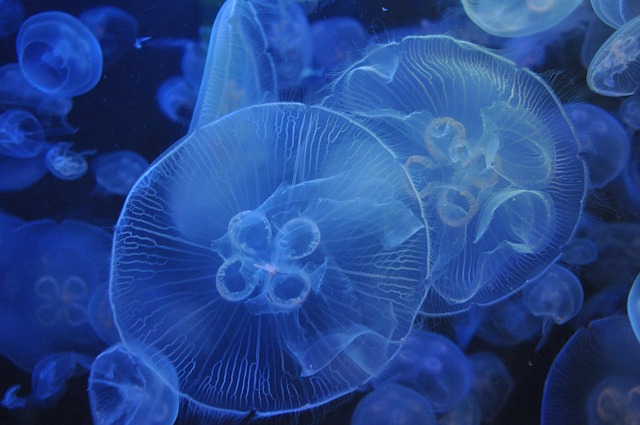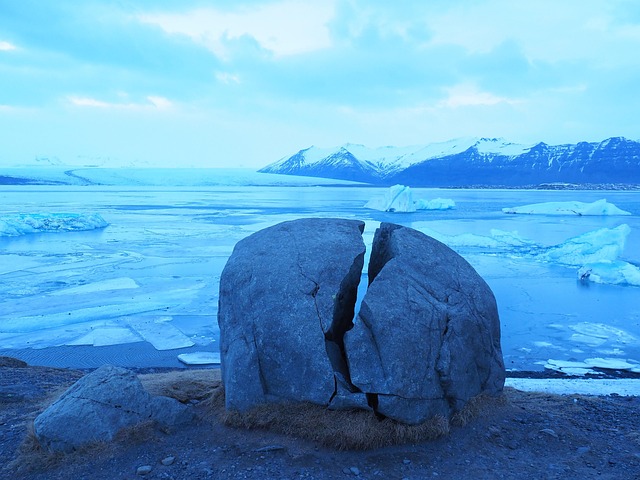As we navigate the turbulent waters of an ever-changing climate, the impact on marine ecosystems becomes increasingly evident. One of the most striking changes can be observed in jellyfish populations around the globe. These fascinating creatures, often viewed as a harbinger of ecological imbalances, are thriving in a world that is melting due to climate change.
Jellyfish, known for their mesmerizing beauty and ethereal movements, play a unique role in marine ecosystems. However, their rapid proliferation raises alarms among scientists and environmentalists alike. Increasing ocean temperatures, a direct result of climate change, have created conditions conducive for jellyfish to flourish. Warmer waters not only enhance their reproduction rates but also decrease the population of their natural predators.
The melting ice caps and rising sea levels contribute significantly to these changes. As iceberg populations dwindle and oceanic currents shift, jellyfish are becoming inhabitants in areas where they previously struggled to survive. This invasion disrupts the local marine food web and threatens the survival of other species, from small fish to sea turtles, that rely on jellyfish for their ecological balance.
Moreover, nutrient runoff from industrial agricultural practices, exacerbated by changing weather patterns, has led to increased algae blooms in the oceans. These blooms deplete oxygen in the water, creating hypoxic zones where few marine species can survive, but jellyfish are remarkably resilient. In these conditions, they not only survive but can dominate, leading to a decline in biodiversity.
The implications are dire. As jellyfish populations surge, they can cause havoc on fisheries, leading to economic repercussions for communities that depend on these resources. They are also known to affect tourism and recreation by invading beaches and disrupting swimming activities.
To visualize this aquatic transformation, consider the once vibrant coral reefs now at risk. Coral ecosystems thrive on the balance of various marine species, but increasing jellyfish populations can smother corals, blocking sunlight and depleting essential nutrients. The delicate interplay of marine life is unraveling, and the resilient jellyfish serve as a bitter reminder of the pervasive and lasting impacts of climate change.
As stewards of the environment, it is critical to address these issues. By embracing sustainable practices, reducing our carbon footprint, and advocating for policies that protect marine habitats, we can work towards a future where jellyfish and other marine life can coexist in a balanced ecosystem rather than one dominated by a single species. The time to act is now, for the fate of our oceans hangs in a delicate balance, shaped by our choices and the world we inhabit.



